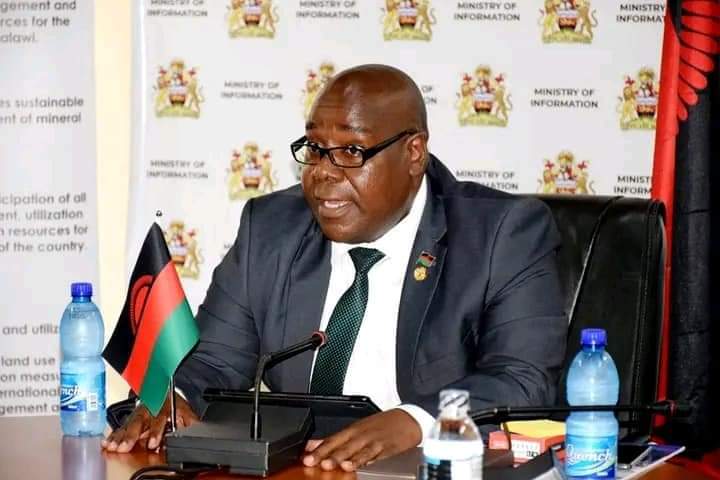Parliament’s role in fighting corruption
Since 2022, Members of Parliament have been commemorating its Anti-Corruption Day. Politicians who form the Parliament are often perceived as corrupt in the eyes of society. Our reporter PRECIOUS KUMBANI caught up with chairperson of the Legal Affairs Committee of Parliament ALBERT MBAWALA to understand how they are working to change this narrative.
How critical is it that Parliament should have a special day to reflect and strategise on its fight against corruption?

: The day is very important as we collectively reaffirm our commitment to transparency, integrity and the fundamental principles of good governance. We remind each other that combating corruption requires collective action. It demands our unwavering commitment, not just from the government and ACB, but also from each and every one of us. The fight against corruption is a challenging one. It requires courage to expose wrongdoing, determination to implement effective policies and dedication to building a culture of ethics and honesty. We must work towards creating systems that promote openness, where transparency is a guiding principle.
As Parliament, how are you taking the fight against corruption?
We are taking the fight seriously because it remains the biggest obstacle to economic growth and contributes to poverty and inequality. Moreover, it deprives our people of their rights, limits opportunities and widens the gap between the privileged and the marginalised.
As a committee what is your role in the fight against corruption?
My Committee is responsible for providing oversight over the ACB and other key governance institutions that play a critical role in the fight against corruption. The Legal Affairs Committee as one of the governance structures of the National Anti-Corruption Strategy II, has played a key role in the implementation of the strategy by summoning and visiting selected public institutions on matters concerning the functionality of their Institutional Integrity Committees [IICs]. The effectiveness of these IICs are a step towards mainstreaming the fight against corruption and instilling a culture of zero tolerance against fraud and corruption in the workplace. This is in line with their mandate to develop, implement and review anti-corruption action plans for their institutions; developing and implementing corruption prevention tools such as, guidelines for declaration of conflict of interests and gifts, hospitality and entertainment, as well as developing and publicising effective internal and external corruption reporting mechanisms.
What is your message to fellow members of Parliament in as far as fighting corruption is concerned?
To my fellow Honourable Members, as representatives of the people, we bear the responsibility to lead by example. We need to always uphold the highest ethical standards in our conduct and decision-making which should not just be an obligation, but a commitment to the welfare of our nation.
What is your promise to Malawians in as far as the fight against corruption is concerned?
I wish to pledge my Committee’s support to the ACB and the entire nation. I also wish to thank the Speaker and the Clerk of Parliament assisted by the Parliament IIC for the deliberate steps they have put in place against fraud and corruption here at Parliament. Let us remind each other of the shared responsibility to combat corruption. Let us foster a society where integrity prevails and transparency guides our actions. We should hold ourselves accountable and work tirelessly towards building a nation, where the public’s trust in the institutions is unshakeable. n






My cousin recommended this website, however I’m not sure whether this post is his since nobody else knows so much about my problem. You’re great.
Launch your digital product empire today! Head over to plrdigitalclub.com and dive into a treasure trove of over 100,000 digital products. Take advantage of the opportunity to resell and pocket every cent of the profit.